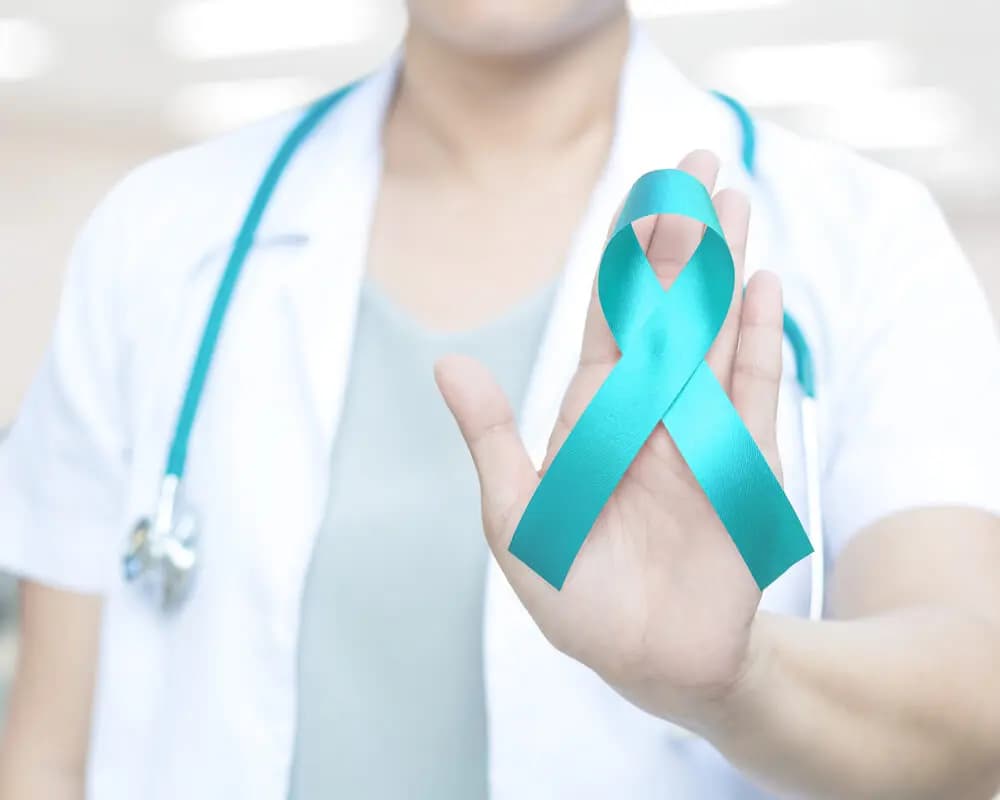unspoken fears, unbreakable strength: cervical and breast cancer awareness and screening every woman must know now

Unspoken Fears, Unbreakable Strength: Cervical and Breast Cancer Awareness Every Woman Must Know
Cancer touches lives — but awareness and early screening can save them.
Among women, cervical and breast cancer are not only common but often deadly. Many silently face these issues due to fear, stigma, or lack of access to care.
This article uncovers vital health facts, signs, and screening methods for cervical and breast cancers. We aim to empower women with knowledge and hope.
Why Awareness Matters for Women’s Health
Knowledge is power. The earlier cancer is detected, the higher the chance of survival. Every woman — regardless of age — deserves to know the signs, risks, and steps for prevention.
Understanding Cervical Cancer
Cervical cancer develops in the cervix — the lower part of the uterus. It's primarily caused by the Human Papillomavirus (HPV). Despite being preventable, it still claims thousands of lives every year.
Early Symptoms of Cervical Cancer
- Abnormal vaginal bleeding
- Pelvic pain or pain during sex
- Unusual vaginal discharge
- Longer or heavier menstrual periods
These signs often appear late. That’s why regular screening is crucial — it detects changes before cancer develops.
Cervical Cancer Screening: What Every Woman Should Know
- Pap Smear: Detects abnormal cervical cells early.
- HPV Test: Identifies high-risk HPV strains.
- Visual Inspection with Acetic Acid (VIA): A low-cost method widely used in Africa.
Zuri Health Nairobi offers affordable cervical screenings — because early detection is peace of mind.
Understanding Breast Cancer
Breast cancer is the most diagnosed cancer in women worldwide — and one of the most treatable when caught early.
Warning Signs of Breast Cancer
- A lump in the breast or underarm
- Changes in breast shape or size
- Skin dimpling or redness
- Nipple discharge or inversion
Monthly self-checks and regular clinical exams are essential for early detection.
Breast Cancer Screening: Tools That Save Lives
- Clinical Breast Exam: Done by trained healthcare providers.
- Mammogram: Low-dose X-ray to detect tumors early.
- Ultrasound: Especially useful for younger women with dense tissue.
- MRI: For high-risk women or complex cases.
Trend: Digital mammography is now more accessible in Africa, helping improve early detection rates.
Comparing Cervical vs. Breast Cancer
| Feature | Cervical Cancer | Breast Cancer |
|---|---|---|
| Cause | HPV Infection | Genetic & lifestyle factors |
| Detection | Pap Smear, HPV Test | Mammogram, Ultrasound |
| Prevention | HPV Vaccine, Safe Sex | Healthy lifestyle, Early checkups |
| Peak Risk Age | 30–50 years | 40–60 years |
Latest Trends in Women’s Cancer Prevention
- HPV Vaccination: Administered before age 15 for maximum protection.
- AI in Imaging: Artificial intelligence improves breast cancer diagnostics.
- Mobile Clinics: Zuri Health brings screening to underserved Nairobi communities.
- Online Consults: Platforms like www.zuri.health offer guidance from home.
Emotional Impact of Cancer
Cancer doesn’t just affect the body — it burdens the heart and mind. Fear, stigma, and anxiety prevent many women from seeking screening.
Fact: Support networks and early intervention increase both survival and emotional strength.
Simple Prevention & Self-Care Steps
- Get the HPV vaccine before sexual activity
- Use protection during sex
- Perform monthly breast self-exams
- Schedule regular checkups
- Eat antioxidant-rich foods
- Avoid smoking and excess alcohol
Real Voices. Real Courage.
“I ignored the signs. Zuri Health’s cervical test found early-stage cancer. I’m now cancer-free.” — Mary, Nairobi
“Mammogram saved my life. I didn’t feel sick, but the lump was there. Early screening works.” — Jane, Mombasa
Busting Common Myths
- Myth: Only older women get cancer.
Truth: Cervical cancer often affects women under 40. - Myth: A lump always means cancer.
Truth: Many are benign but must be checked. - Myth: No pain means no problem.
Truth: Most early cancers are painless.
When Should You Get Screened?
Cervical Cancer:
- Every 3 years from age 25–49
- Every 5 years after 50
Breast Cancer:
- Yearly from age 40+
- Self-check monthly after 20
Take Charge of Your Health Today. Schedule your screening at Zuri Health. Early detection saves lives.
Share this post
Latest blog posts
Tool and strategies modern teams need to help their companies grow.

Zuri Health
09/10/2025
numbers inform. stories transform. why storytelling is changing how we talk about health
Numbers Inform. Stories Transform. Why Storytelling Is Changing How We Talk About Health

Zuri Health
08/22/2025
ai health screening is now in kenya – but is it accurate?
AI health screening is here, but how reliable is it? Learn about accuracy, risks, and benefits in Kenya’s digital healthcare.

Zuri Health
08/20/2025
free online doctor in kenya? understanding what’s real vs what’s risky
Confused about free doctor services online? Learn how to find a safe free doctor on WhatsApp Kenya and avoid health risks.
Join Our Community 
Join our community to stay up to date on healthy living


